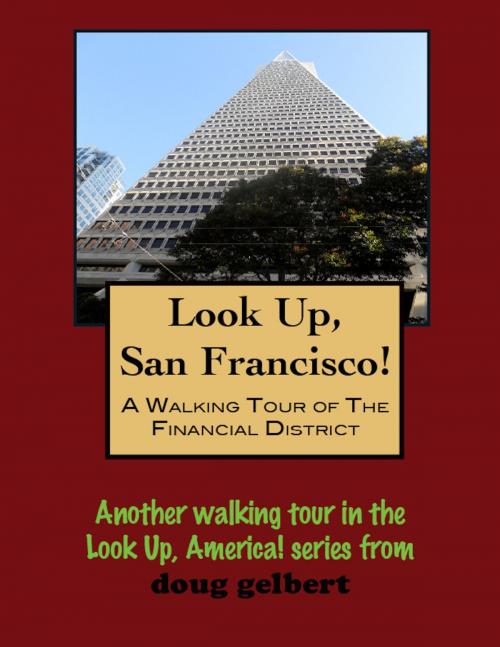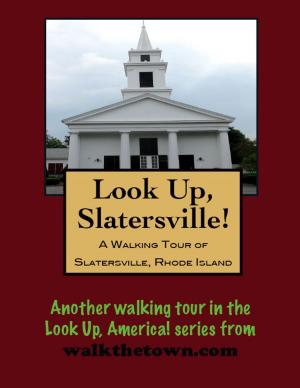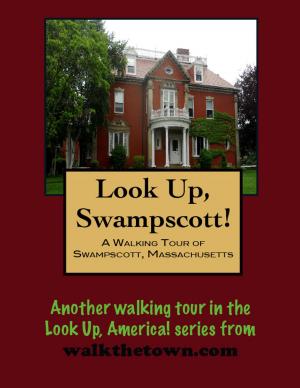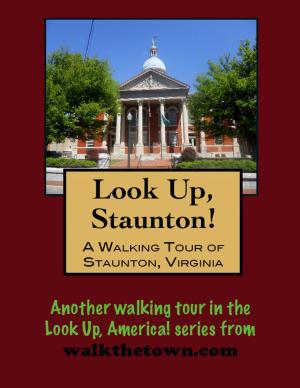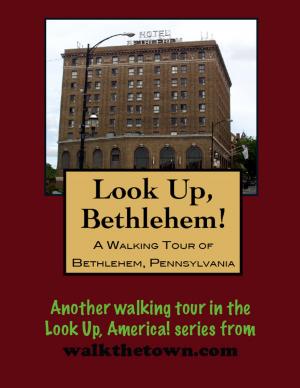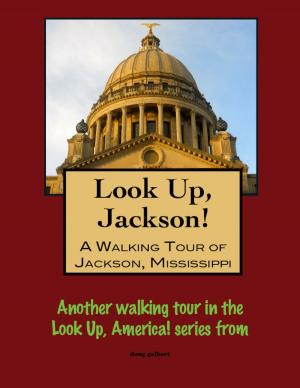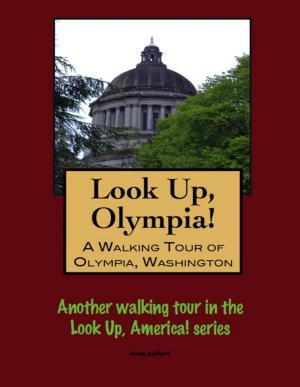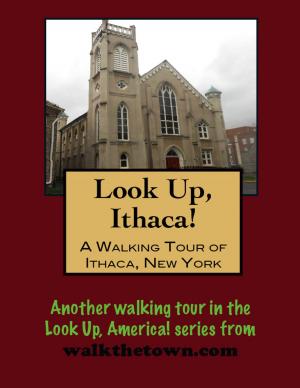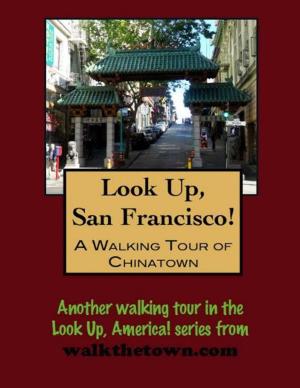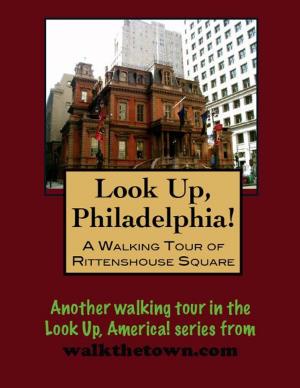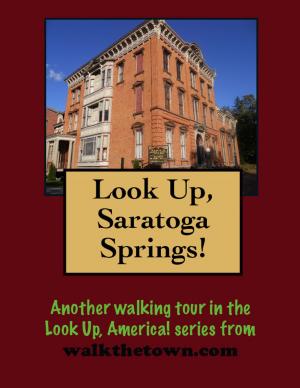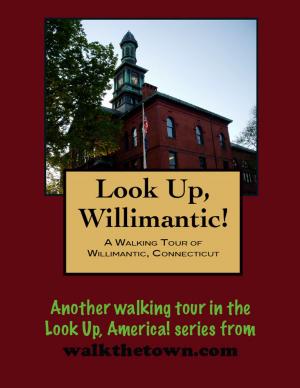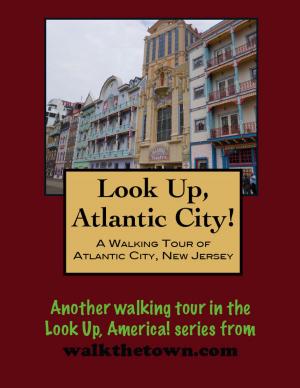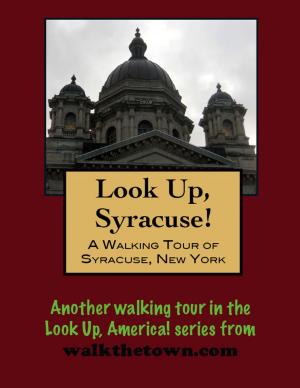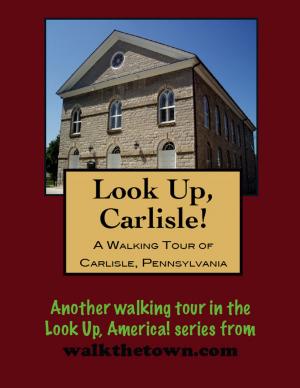Look Up, San Francisco! A Walking Tour of the Financial District
Nonfiction, Travel, United States, West, History, Americas| Author: | Doug Gelbert | ISBN: | 9781476043661 |
| Publisher: | Doug Gelbert | Publication: | June 22, 2012 |
| Imprint: | Smashwords Edition | Language: | English |
| Author: | Doug Gelbert |
| ISBN: | 9781476043661 |
| Publisher: | Doug Gelbert |
| Publication: | June 22, 2012 |
| Imprint: | Smashwords Edition |
| Language: | English |
Much of today’s Financial District was under water during Spanish and Mexican rule. The Bay shoreline originally ended at Battery Street but with the American annexation and the California Gold Rush about five blocks worth of new city ground was created all the way to the Embarcadero. Sand hills as tall as ten men once stood here and they were leveled and the sand used for fill. Gold Rush money quickly made this area the financial capital of the West and the coast’s first and only skyscrapers began poking up along Market Street by the end of the 19th century.
The neighborhood was completely destroyed in the 1906 Earthquake and Fire. Rebuilding was rapid and generally adhered to a few guiding principles. The Neoclassical style championed by the City Beautiful movement sweeping American cities in the first decades of the 1900s made it the design of choice for most San Francisco architects. And earthquake wariness typically kept the banks and corporate headquarters to between 15 and twenty stories at the most.
By mid-century technology for earthquake-proofing buildings caused height restrictions to be repealed and builders in the Financial District reached for the sky with a vengeance. So many skyscrapers went up that San Franciscans began to despair over the “Manhattanization” of their city. Steel and glass canyon walls obscured heritage structures in some cases and wiped them off the streetscape altogether in others.
The pendulum has since swung back and strict, European-style height restrictions are once again shaping the Financial District. Our tour to explore the last century of development around the “Wall Street of the West” will begin on one of the world’s great thoroughfares, Market Street, at a landmark where survivors of the 1906 Earthquake and Fire gathered to take stock of the devastation and look towards the future...
Much of today’s Financial District was under water during Spanish and Mexican rule. The Bay shoreline originally ended at Battery Street but with the American annexation and the California Gold Rush about five blocks worth of new city ground was created all the way to the Embarcadero. Sand hills as tall as ten men once stood here and they were leveled and the sand used for fill. Gold Rush money quickly made this area the financial capital of the West and the coast’s first and only skyscrapers began poking up along Market Street by the end of the 19th century.
The neighborhood was completely destroyed in the 1906 Earthquake and Fire. Rebuilding was rapid and generally adhered to a few guiding principles. The Neoclassical style championed by the City Beautiful movement sweeping American cities in the first decades of the 1900s made it the design of choice for most San Francisco architects. And earthquake wariness typically kept the banks and corporate headquarters to between 15 and twenty stories at the most.
By mid-century technology for earthquake-proofing buildings caused height restrictions to be repealed and builders in the Financial District reached for the sky with a vengeance. So many skyscrapers went up that San Franciscans began to despair over the “Manhattanization” of their city. Steel and glass canyon walls obscured heritage structures in some cases and wiped them off the streetscape altogether in others.
The pendulum has since swung back and strict, European-style height restrictions are once again shaping the Financial District. Our tour to explore the last century of development around the “Wall Street of the West” will begin on one of the world’s great thoroughfares, Market Street, at a landmark where survivors of the 1906 Earthquake and Fire gathered to take stock of the devastation and look towards the future...
